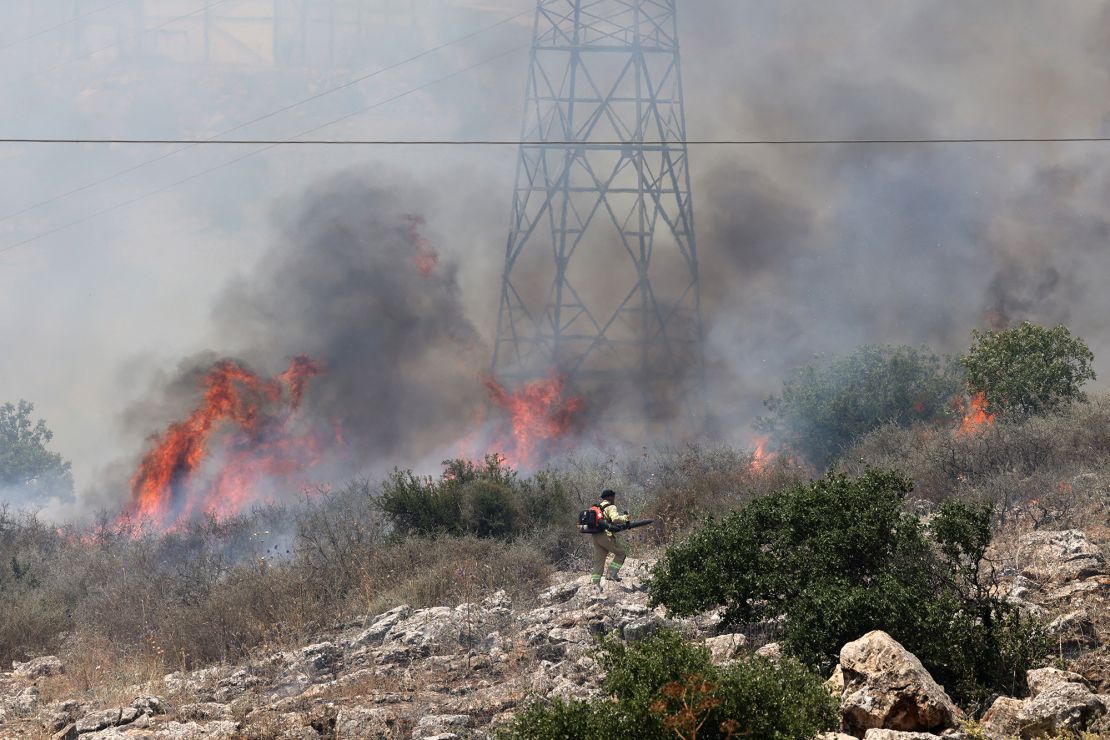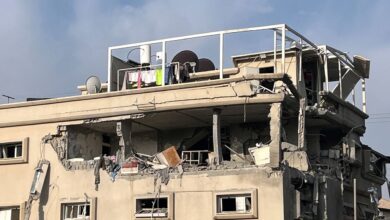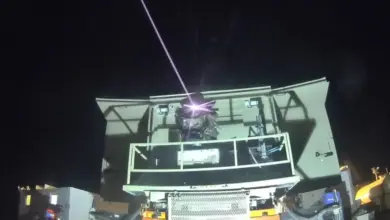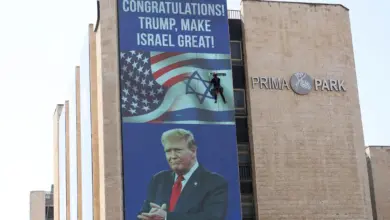
Tensions are escalating on the Israel-Lebanon border as the Israeli military warned it was prepared to launch a large-scale attack in the north to deter the Iran-backed Islamist group Hezbollah.
Cross-border attacks from Lebanon led to large fires blazing through Israel’s northern region this week, consuming swathes of land and leading to the evacuation of residents. Israel attributed the blaze to rocket fire from southern Lebanon, where Hezbollah said it had launched a “swarm of drones” at Israeli military sites.
On Wednesday, Israeli Prime Minister Benjamin Netanyahu visited the northern city of Kiryat Shmona near the Lebanese border, saying that Israel is prepared for “very intense action” in the north.
“Whoever thinks that they can hurt us and that we will sit idly by is making a big mistake,” the prime minister said. “One way or another, we will restore security to the north.”
Netanyahu’s comments come after Israel Defense Forces (IDF) Chief of Staff Herzi Halevi said the Israeli military is ready to attack targets in the north.
“We are prepared after a very good process of training – up to the level of a military exercise – to move to an attack in the north. Strong defense, readiness to attack, we are approaching a decision point,” Halevi said on Tuesday.
Israel and Hezbollah in Lebanon have been trading fire since the start of Israel’s war on Hamas in Gaza in October. In April, the IDF said it is “preparing to move from defense to attack,” referring to operations on the northern border. The Lebanese group has said its attacks on Israel are in protest to Israel’s war in Gaza.
Naim Qassem, Hezbollah’s second-in-command, told Al Jazeera on Tuesday that Hezbollah is a front to support Gaza “and that front doesn’t stop until the war (in Gaza) stops.” He said that the group’s assessment was that recent threats from Israel were not serious.
“Either way, we have decided not to widen the battle and we do not want an all-out war. But if it is imposed on us, we are ready and we won’t retreat,” he said.

The IDF says it has killed around 300 Hezbollah fighters, and Reuters reported that around 80 civilians have been killed in Lebanon by Israeli fire. Ten Israeli civilians and 18 soldiers have also been killed on the border, the Israeli military said.
More than 94,000 Lebanese have been displaced from areas and towns close to the border with Israel since the conflict started, according to figures released Tuesday by the Lebanese Ministry of Public Health.
More than 53,000 Israelis have been evacuated from the country’s north since hostilities began in October, the IDF told CNN.
‘Strategic trap’
“Israel has been caught in a strategic trap up north,” Amos Harel, a defense analyst, wrote in Israeli newspaper Haaretz on Wednesday. “It has proven unable to force Hezbollah into a cease-fire as long as the fighting in Gaza continues, whereas the Lebanese organization has managed to create a kind of ‘security zone’ devoid of residents inside Israeli territory, despite suffering much higher losses than the IDF has.”
On Wednesday, far-right Israeli Minister of National Security Itamar Ben Gvir said it was now the IDF’s job to “simply to destroy Hezbollah”.
“It cannot be that our land is being targeted and harmed, and people here have evacuated,” he said on Telegram. “All Hezbollah strongholds must be burned and destroyed. War!”
Finance Minister Bezalel Smotrich said in an interview with Israeli radio station Reshet bet however that the IDF isn’t interested in broadening the war to eliminate Hezbollah. The military is “telling us right now that it doesn’t want to… launch an attack in the north, fight and defeat Hezbollah, and overwhelm it and create a security zone.”
Amid an uptick in tensions on the border, senior Israeli minister Benny Gantz, a member of the war cabinet, has said that the country cannot afford to lose another year in the north.

“I have been fighting for months with the government, with the prime minister and with everyone, that by September 1 we will finish the job here and be able to start something else. It will happen with either a solution or escalation, but we can’t lose another year here,” he said.
Last month, Gantz threatened to leave the national unity government unless a six-point plan was agreed by June 8 that included the return of residents displaced by attacks from Lebanon.
An Iran-backed Islamist movement with one of the most powerful paramilitary forces in the Middle East, Hezbollah has opened another front against Israel. The group is seen as Iran’s most effective non-state partner, possessing 150,000 rockets that could overwhelm Israel’s defenses if an all-out war breaks out.
A wider conflict could also draw Iran and the United States into the war. Israel and Iran came close to war in April after launching unprecedented direct attacks on each other’s soil.
“Not only is there no military solution on the horizon (in northern Israel), but the time that’s passed has led many to consider leaving the area permanently, especially with a new school year due to open in September,” Harel wrote.
CNN’s Alex Stambaugh, Mostafa Salem, Lauren Izso, Abbas Al Lawati and Tim Lister contributed reporting.




